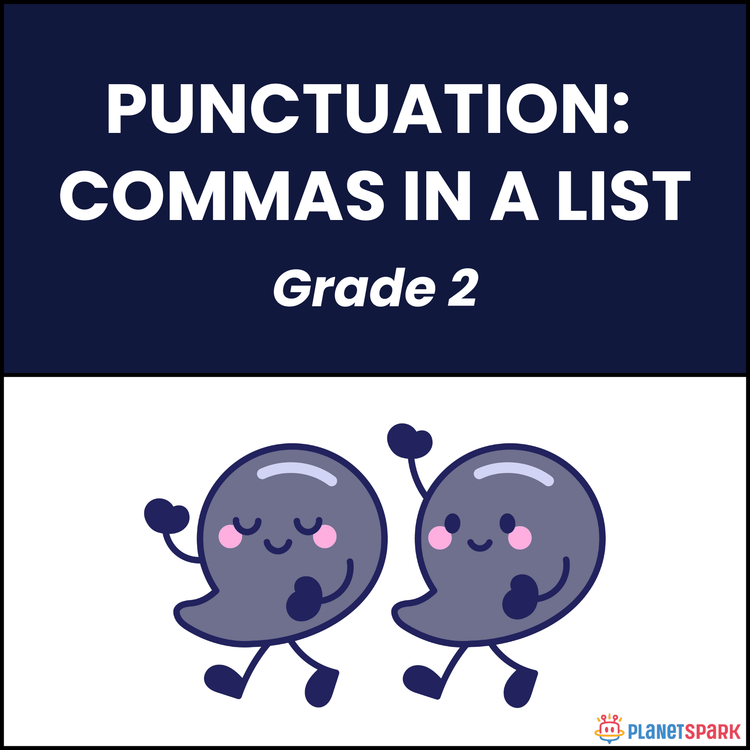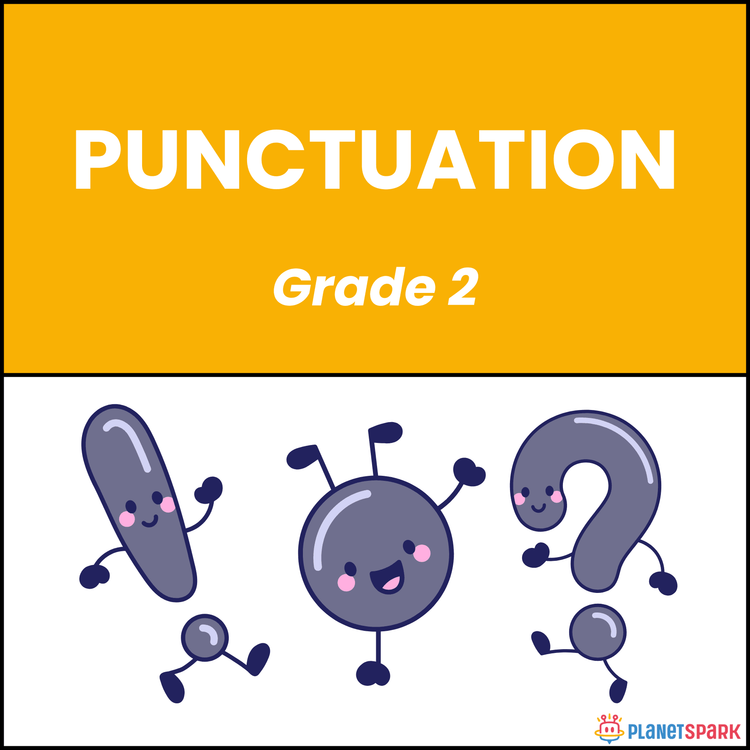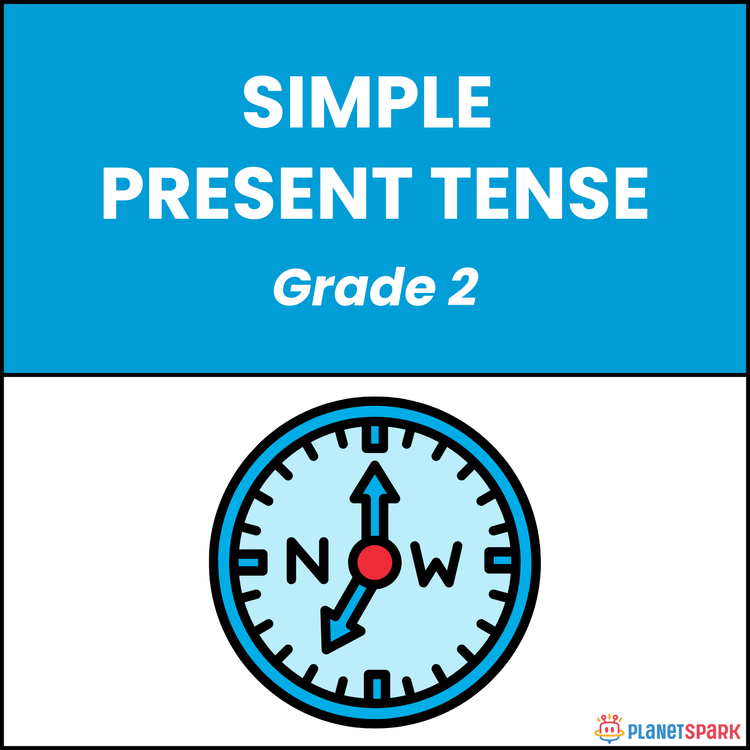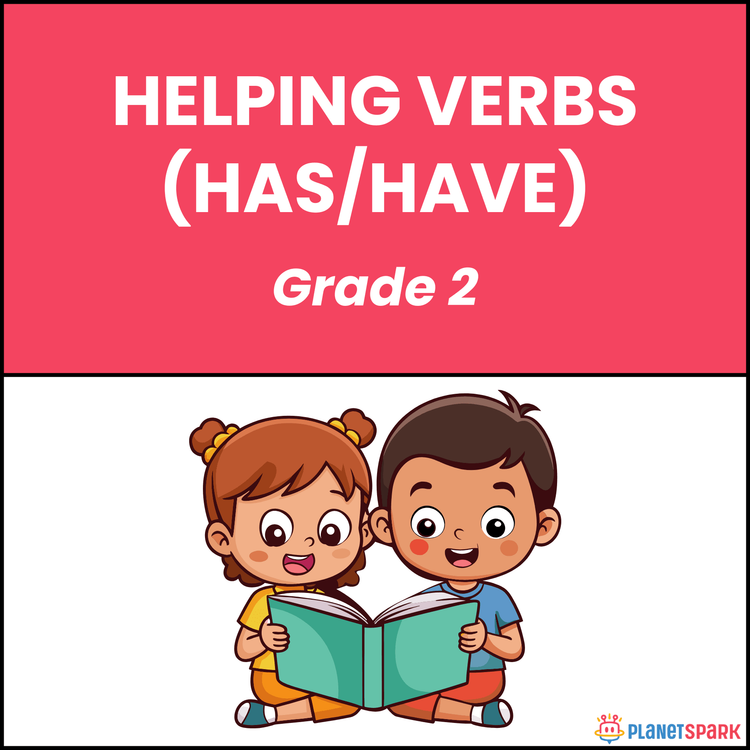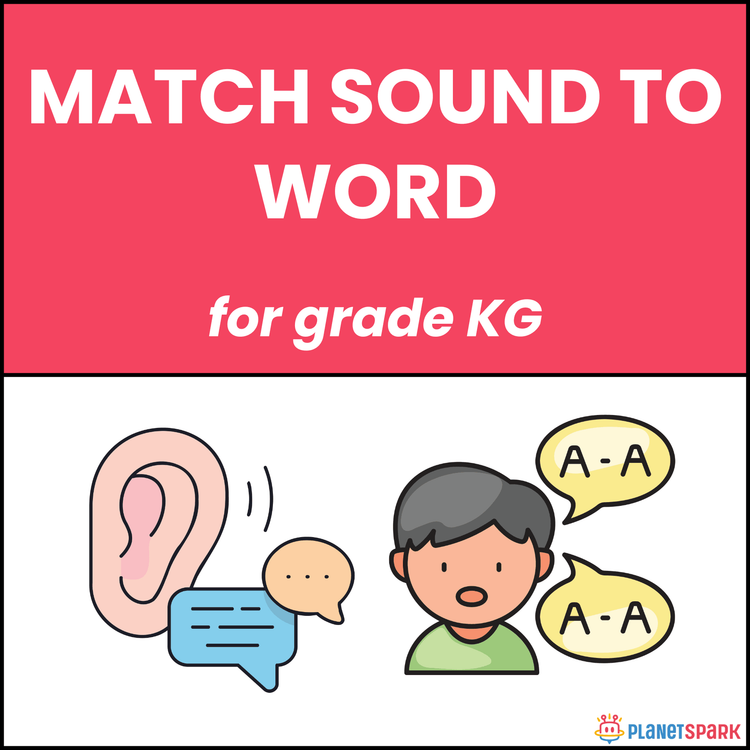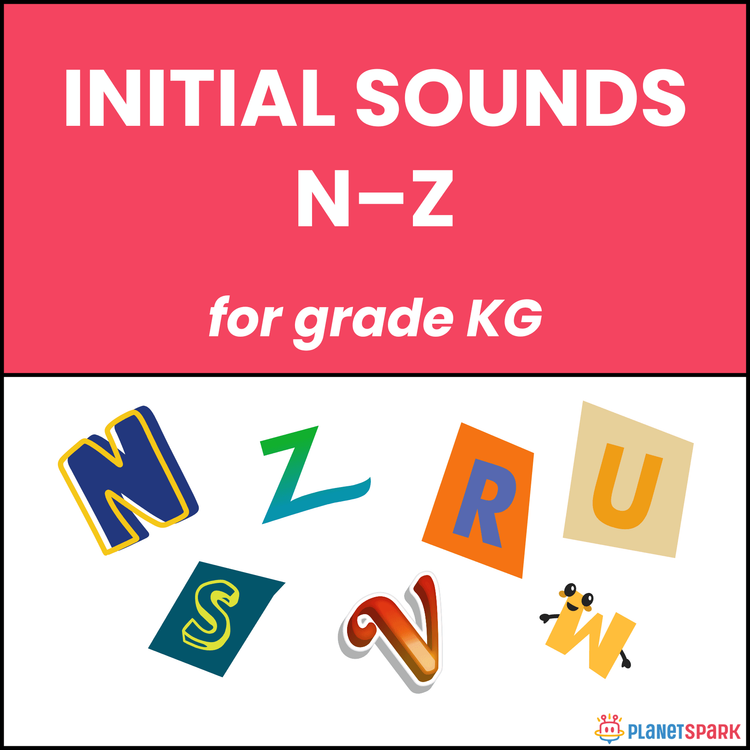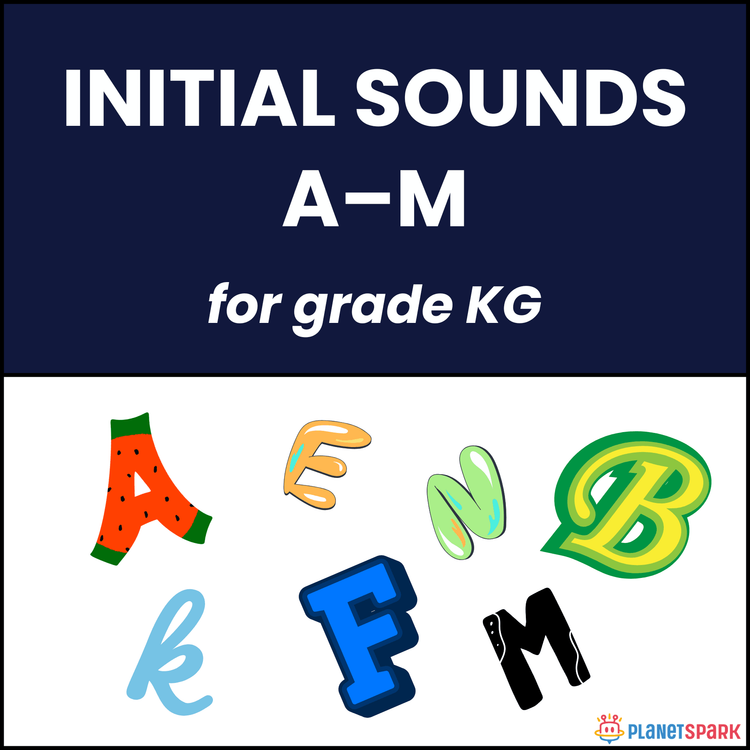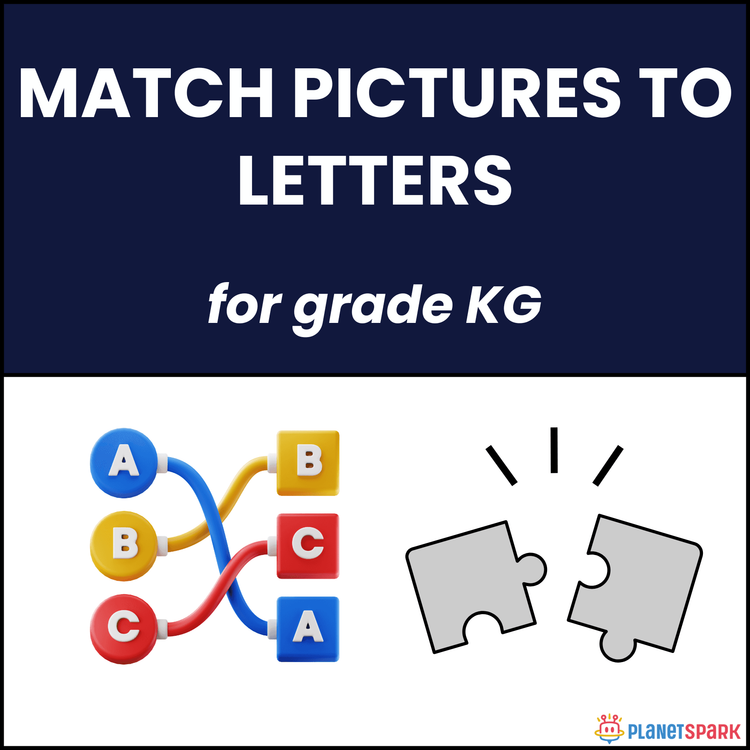Class 2 English Reading Passage on Riddles for Kids
Class 2EnglishEnglish GrammarFree DownloadPDF
Abshar AfrozVisit Profile
I am an enthusiastic English educator with a strong passion for helping students develop confidence in communication. At Planet Spark, I specialize in teaching Public Speaking and Creative Writing, guiding learners to express themselves clearly, think creatively, and speak with impact. Drawing on my teaching experience and warm, engaging style, I help children develop fluent English, powerful presentation skills, and a love for writing. My sessions are interactive, skill-focused, and designed to build both language proficiency and self-confidence in young minds.
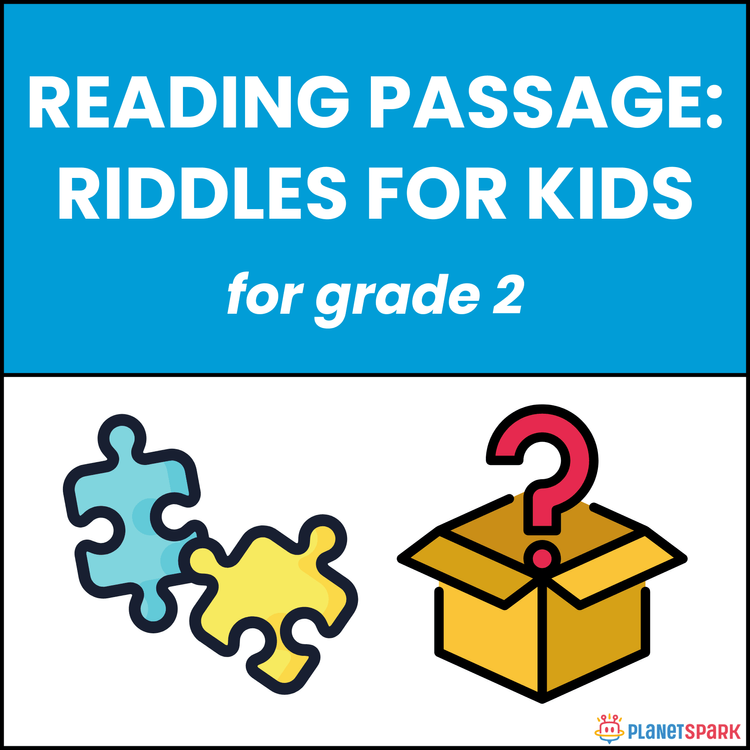

Class 2 English Reading Passage on Riddles for Kids
Class 2EnglishEnglish GrammarFree DownloadPDF
Abshar AfrozVisit Profile
I am an enthusiastic English educator with a strong passion for helping students develop confidence in communication. At Planet Spark, I specialize in teaching Public Speaking and Creative Writing, guiding learners to express themselves clearly, think creatively, and speak with impact. Drawing on my teaching experience and warm, engaging style, I help children develop fluent English, powerful presentation skills, and a love for writing. My sessions are interactive, skill-focused, and designed to build both language proficiency and self-confidence in young minds.
Riddle Time Fun: Class 2 Reading Passage on Thinking and Words
This Grade 2 reading comprehension worksheet engages children with a playful passage where Sara and Arjun share riddles in their classroom. Through fun clues about everyday objects and animals, learners improve their logical thinking, vocabulary, and reading fluency. Each riddle introduces descriptive hints, encouraging observation and reasoning. The activity combines imagination with comprehension — ideal for CBSE English and early learners. Students also answer both multiple-choice and short written questions to check understanding and expression.
Why Riddles Matter in Reading Comprehension?
1. Riddles help build vocabulary, reasoning, and inferencing skills.
2. They keep reading practice engaging through curiosity and humor.
3. Children learn to think creatively while connecting clues to meanings.
4. Solving riddles supports comprehension and word association in early English learning.
What’s Inside This Worksheet?
🧠 Exercise 1 – Multiple Choice Questions
Students answer six simple riddles based on the story, identifying what each clue describes — from a fridge to a rabbit.
📝 Exercise 2 – Short Answer Questions
Learners answer four short comprehension questions explaining riddles, enjoyment, and creative thinking skills.
✅ Answer Key (For Parents & Educators)
Exercise 1 – Choose the Correct Answer
1. b) Fridge 2. a) Stars 3. a) Elephant 4. b) Apple 5. a) Rabbit 6. b) They enjoyed solving riddles
Exercise 2 – Answer the Following
7. I wear a coat but never go outside.
8. They enjoy laughing and thinking together.
9. Elephant.
10. Solving riddles helps learn new words and think creatively.
Help your child think sharper and read smarter with joyful riddles that build vocabulary and comprehension!
🔖Book a free trial!
Frequently Asked Questions
They make children analyze clues, infer answers, and enjoy playful reading challenges.
They promote logic, vocabulary recall, and curiosity through joyful problem-solving.
Turn it into a game where children create their own riddles using new words.
